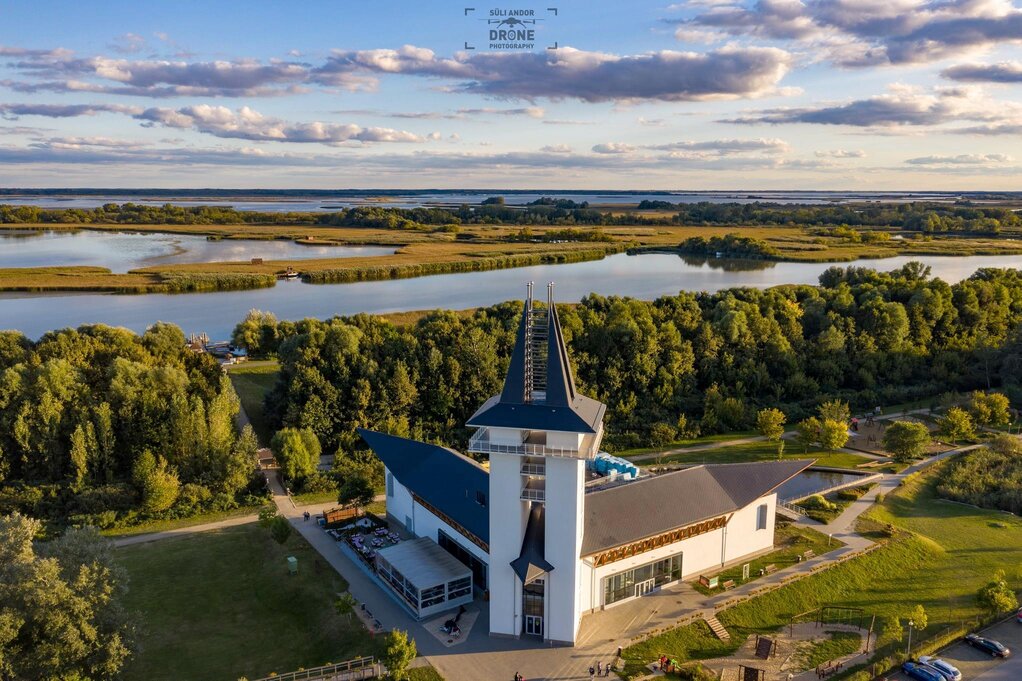The Hungarian president would like to reduce water pollution
Hungarian President János Áder, in a videoconference of the leaders of central and eastern European countries on Monday, called for greater cooperation among the region’s countries to prevent water pollution.
Addressing a virtual summit of the Three Sees Initiative organised by Estonia, the president said the region should devote at least as much attention to preserving the quality of its waters as it does to the development of its man-made infrastructure.
The 13 countries making up the Three Seas Initiative are linked by several rivers, he noted,
underlining the importance of cross-border pollution.
Whether it be industrial, agricultural or solid waste pollutants that are damaging the region’s waters, there can be no quality water supply without clean water, Áder said.
- Jobbik: Water pollution at power plant requires public probe
- Shocking! Every fifth to sixth death can be attributed to environmental pollution in Hungary
- Greenpeace: new research shows that water in Hungary is polluted with microplastics
The president noted the new patches of plastic waste originating from Ukraine and Romania that were found floating on the River Tisza last week. The goal should not be pollution but rather cooperation to prevent pollution, Ader said.
The Three Seas Initiative,
a strategic partnership of 13 central and eastern European countries,
aims to promote joint infrastructure development in the Baltic, Adriatic and Black Sea regions.
Featured image: https://www.facebook.com/saairphoto
Source: MTI
please make a donation here
Hot news
Top Hungary news: Proposal to ban guest workers, traffic at Budapest Airport, Budapest budget, MÁV Christmas travel – 18 December, 2024
Syrian plane in Budapest? Group leader of Fidesz responds
MÁV boosts holiday travel in Hungary: More trains, extra coaches, and planning tips
Hungary rises to 4th in EU VAT compliance ranking, achieving major tax gap reduction
3 Quintessential Hungarian Christmas recipes for the festive table
Hungarian universities defend autonomy, condemn EU decision on Erasmus+ exclusion




